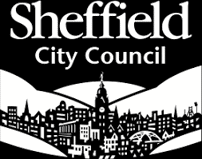Who can get a direct payment?
Most people who are able to get support from social care can choose to have direct payments. That means:
- People aged 16 or over who have been assessed as being able to get support
- Parents of disabled children who have been assessed as being able to get support
- Carers with an agreed assessment of need who are able to get direct carer support
Local authorities have a duty to offer direct payments to people who may not have the mental capacity to agree to them. There must be a suitable person who agrees to be responsible for arranging the support and direct payment. This is on behalf of the person who the payment is for.

